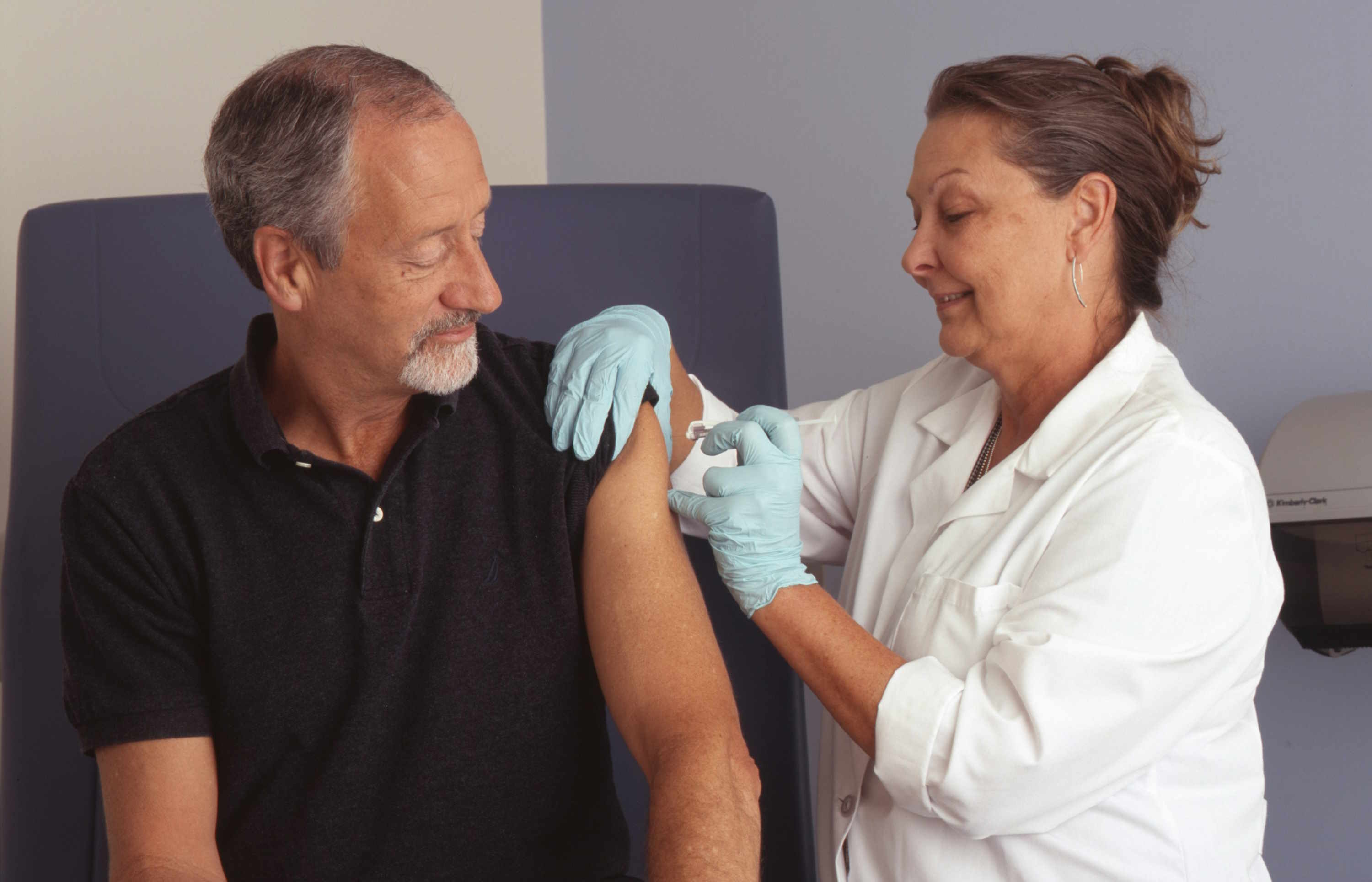Heart Failure Treatment: Recognizing Early Signs and Warning Symptoms
Heart failure is a serious condition that affects millions of people worldwide. Early detection and prompt treatment are crucial for managing this condition effectively. This article explores the various signs and symptoms of heart failure, with a focus on early detection and recognition in different age groups.

What are the Early Signs of Congestive Heart Failure?
Congestive heart failure (CHF) often develops gradually, making it essential to recognize the early warning signs. Some of the initial indicators include:
-
Shortness of breath: Difficulty breathing, especially during physical activity or when lying flat, is a common early sign of CHF.
-
Fatigue and weakness: Feeling unusually tired or weak, even after minimal exertion, can be an early indicator of heart failure.
-
Swelling in the lower extremities: Edema, or fluid buildup, in the ankles, feet, and legs is often one of the first noticeable signs of CHF.
-
Persistent coughing or wheezing: A chronic cough, especially one that produces white or pink-tinged mucus, may indicate fluid buildup in the lungs due to heart failure.
-
Rapid or irregular heartbeat: Palpitations or a feeling of your heart racing can be an early sign of heart failure.
What are the Warning Signs of Heart Failure in the Elderly?
While heart failure can affect people of all ages, the elderly are particularly vulnerable. Some specific warning signs to watch for in older adults include:
-
Increased confusion or impaired thinking: Heart failure can reduce blood flow to the brain, leading to cognitive changes in older adults.
-
Loss of appetite: Elderly individuals with heart failure may experience a decrease in appetite or feel full quickly when eating.
-
Nocturia: Frequent urination at night can be a sign of fluid retention associated with heart failure.
-
Unexplained weight gain: Rapid weight gain, particularly over a few days, can indicate fluid retention due to heart failure.
-
Dizziness or lightheadedness: Poor circulation caused by heart failure can lead to feelings of dizziness or fainting, especially in older adults.
What are the Signs of Heart Failure You Shouldn’t Ignore?
While some symptoms of heart failure may seem mild, certain signs should never be overlooked:
-
Severe shortness of breath: Difficulty breathing, even at rest or when performing simple tasks, requires immediate medical attention.
-
Chest pain: Persistent or severe chest pain, especially if accompanied by other symptoms, could indicate a heart attack or severe heart failure.
-
Fainting or loss of consciousness: This can be a sign of severely reduced blood flow and requires emergency medical care.
-
Rapid weight gain: Gaining more than 2-3 pounds in a day or 5 pounds in a week could indicate dangerous fluid retention.
-
Persistent, severe coughing: A cough that produces frothy, pink-tinged mucus is a serious sign of pulmonary edema and requires immediate medical attention.
What are the First Symptoms of Heart Failure?
The initial symptoms of heart failure can be subtle and may vary from person to person. However, some common first symptoms include:
-
Dyspnea on exertion: Feeling short of breath during physical activities that were previously manageable.
-
Fatigue: Experiencing unusual tiredness or exhaustion, even after a full night’s sleep.
-
Edema: Swelling in the ankles, feet, or legs, especially noticeable at the end of the day.
-
Reduced exercise tolerance: Finding it increasingly difficult to perform routine physical activities.
-
Increased heart rate: Noticing that your heart is beating faster than usual, even during rest.
What are the Subtle Signs of Congestive Heart Failure?
Some signs of heart failure can be easily overlooked or attributed to other causes. These subtle indicators include:
-
Changes in sleep patterns: Difficulty lying flat or waking up feeling short of breath.
-
Decreased urine output: Producing less urine during the day but experiencing increased urination at night.
-
Lack of appetite: Feeling full quickly or experiencing nausea when eating.
-
Persistent cough: A dry, hacking cough that doesn’t seem to go away.
-
Cold extremities: Experiencing cold hands and feet due to reduced blood circulation.
Heart failure is a serious condition that requires prompt medical attention and ongoing management. Recognizing the early signs and symptoms is crucial for timely intervention and improved outcomes. If you or a loved one experience any of these symptoms, especially if they persist or worsen, it’s essential to consult a healthcare professional immediately for proper evaluation and treatment.
This article is for informational purposes only and should not be considered medical advice. Please consult a qualified healthcare professional for personalized guidance and treatment.




